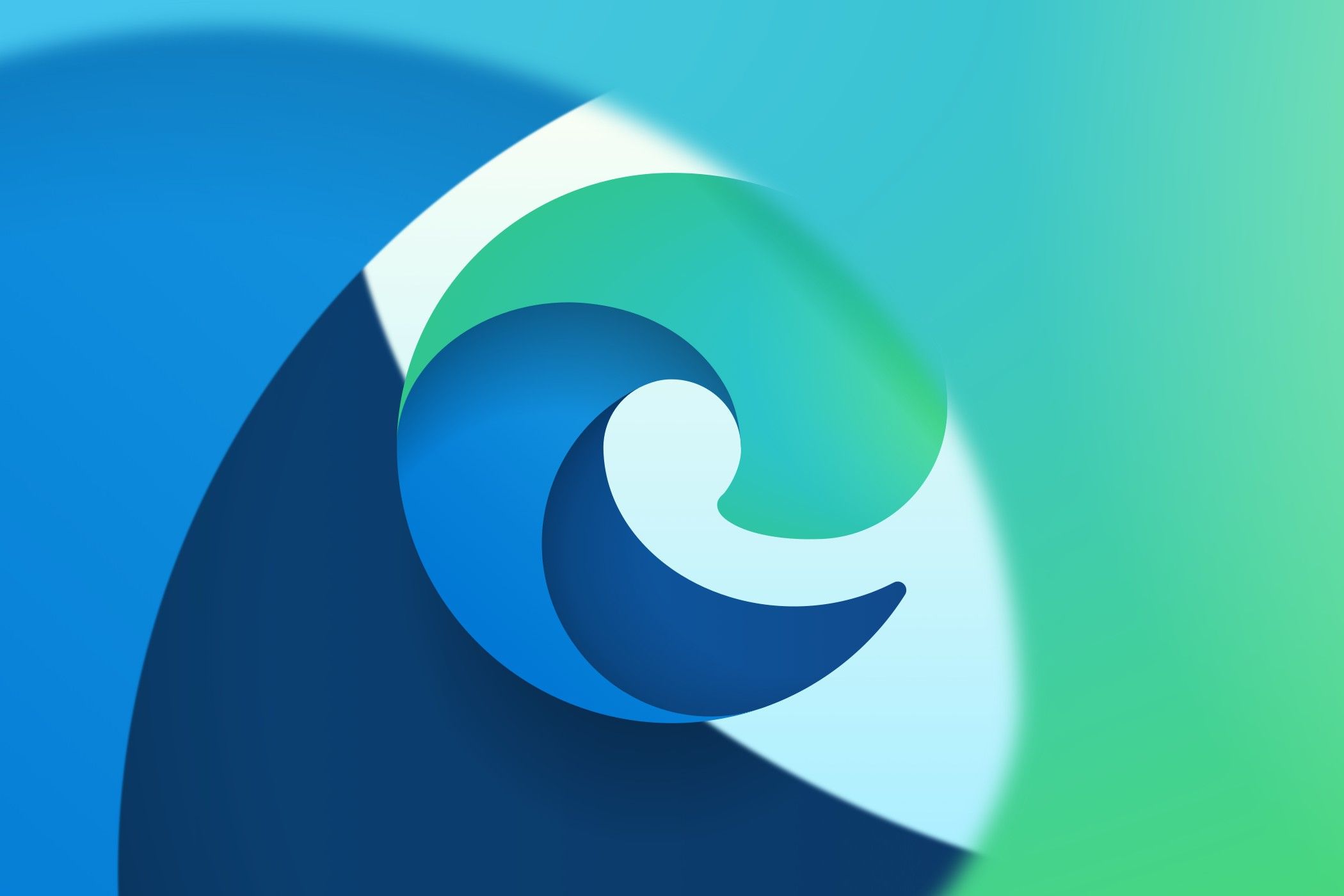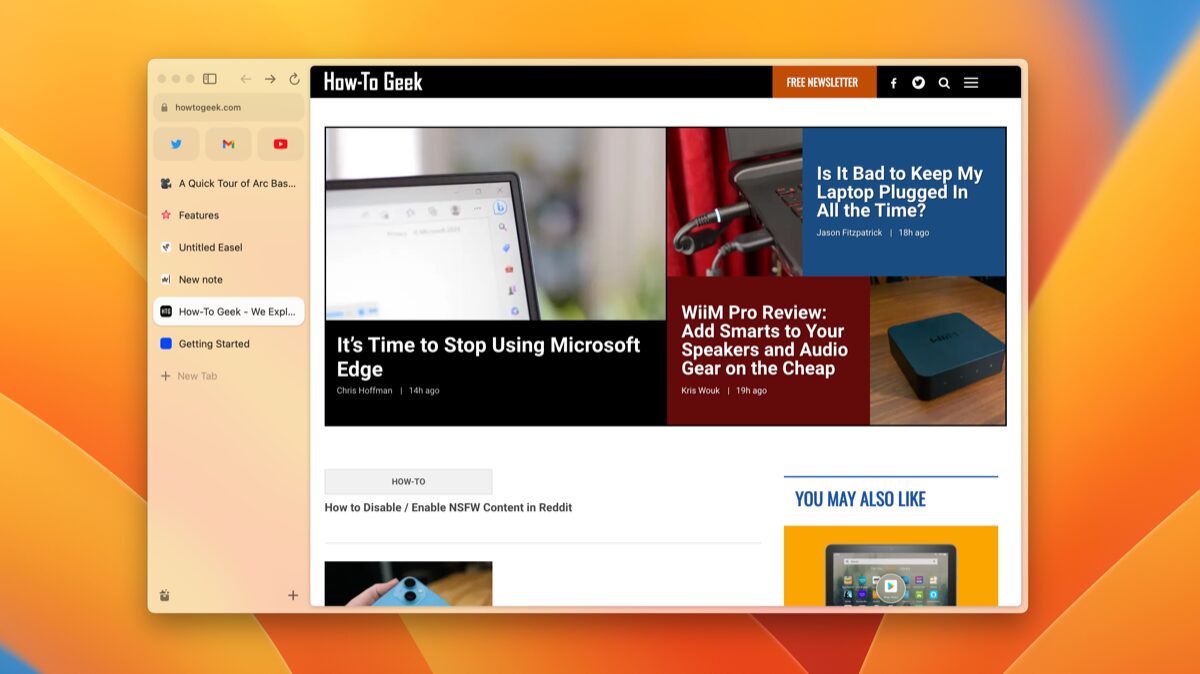5 Reasons a Foldable iPad Makes Perfect Sense for Apple
iPad
Quick Links
-
It’s a Better Way to Compete With Big Android Tablets
-
It’s a Logical Extension of Apple’s Thinness Obsession
-
Apple Has the Haptic Tech to Make Touch Screen Typing Not Suck
-
The Folding iPad Could Effectively be a MacBook Transformer
-
It’s Becoming Harder to Set iPads Apart
“If it ain’t broke, don’t fix it.” That’s a saying that’s served us well, but it also flies a little in the face of innovation and the drive to experiment. When it comes to Apple’s iPad, it’s been mainly a question of refinement and polish, not radical redesigns. So, I think Apple could risk one big swing with the iPad family, and personally, I think it should fold.
1 It’s a Better Way to Compete With Big Android Tablets
I’ve been a loyal fan of the 12.9-inch iPad form factor since the very first model, but I consider that the limit of how large I’d want a monolithic slab to be. On the Android side of the tablet fence, however, it’s been a free-for-all and the likes of Samsung are pushing tablets just short of 15 inches in size. While I don’t think I’d like a traditional iPad at that size, one that folds in half would be a great way to offer a big screen but a tablet that’s still small and light enough to travel.
2 It’s a Logical Extension of Apple’s Thinness Obsession
The M4 iPad Pro is significantly thinner than any iPad that’s come before, which I think is a lost opportunity to make a better iPad. However, an iPad that’s half as thin can be folded to only be as thick as its predecessors. Folding an iPad out to a 15-inch or larger size from something that’s no thicker and even smaller than the current big iPads is quite appealing to me.
3 Apple Has the Haptic Tech to Make Touch Screen Typing Not Suck
Foldable tablets have this neat trick where you can fold them into a laptop shape, and then use a virtual keyboard on the lower half. This is fine for some light web browsing and general use, but if you actually need to do some moderate to serious typing on a touch screen, you have stepped upon the path to madness. I have, due to necessity, written out entire articles on the touch screen of an iPad, but I would not recommend it.
The thing is, Apple’s haptic technology (as used in the MacBook touchpad, for example) is excellent at making it feel like you’ve pressed an actual button. While that won’t help you touch-type, I feel pretty confident that Apple could actually make typing on a foldable iPad decent at the very least. In which case you don’t need the keyboard and case accessories iPad owners inevitably get when they realize the iPad by itself can’t really replace a laptop.
4 The Folding iPad Could Effectively be a MacBook Transformer
On the topic of iPads as laptops, Apple still stubbornly refuses to let us run macOS on an iPad, while at the same time refusing to add a touch screen to its MacBooks. A foldable laptop could be a sort of middle ground. With iPadOS now having such robust multitasking features and even a rudimentary window manager in the form of Stage Manager, a foldable iPad might just give us enough of every flavor to be something special. Sure, you still can’t run macOS software on an iPad (though the reverse isn’t true), but most of the apps the majority of people need are right there on Apple’s tablet.
5 It’s Becoming Harder to Set iPads Apart
From my point of view, the iPad is the best tablet computer. Period. It’s by far my most-used computing device, and I do use it for literally everything. However, just like its iPhones, Apple has trouble setting its products apart from the competition when it comes to form factor or interesting features. I can understand Apple’s hesitance to bring folding screen technology to iPhones, but its iPad business is doing great, and it has a decent amount of variety in the lineup.
Adding a model with a foldable screen wouldn’t be a significant risk for this trillion-dollar company, and would have real practical benefits, while making the iPad something more than the superior, yet boring option.


















